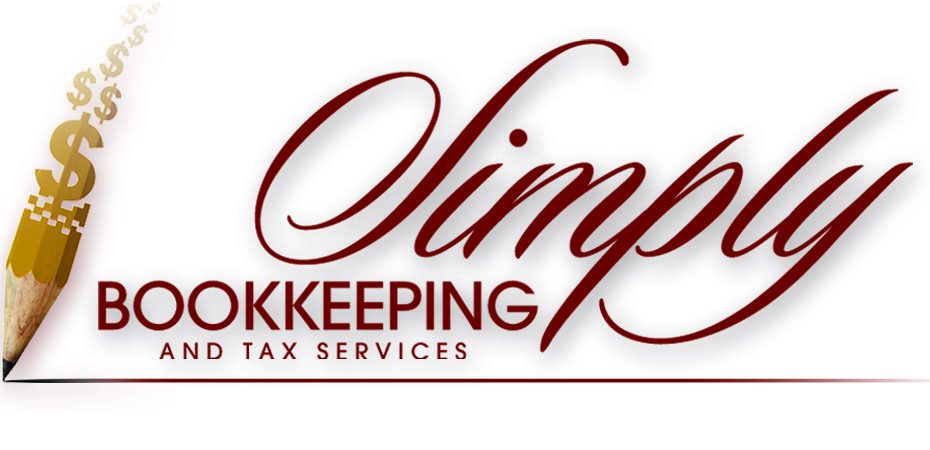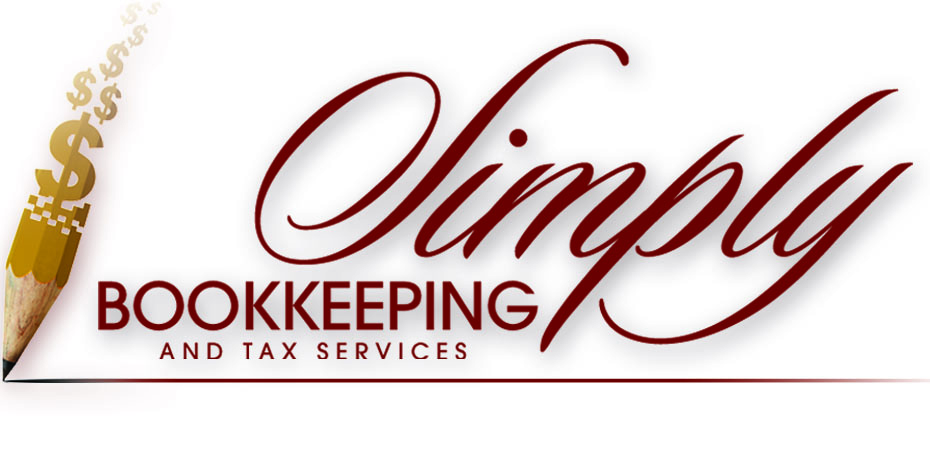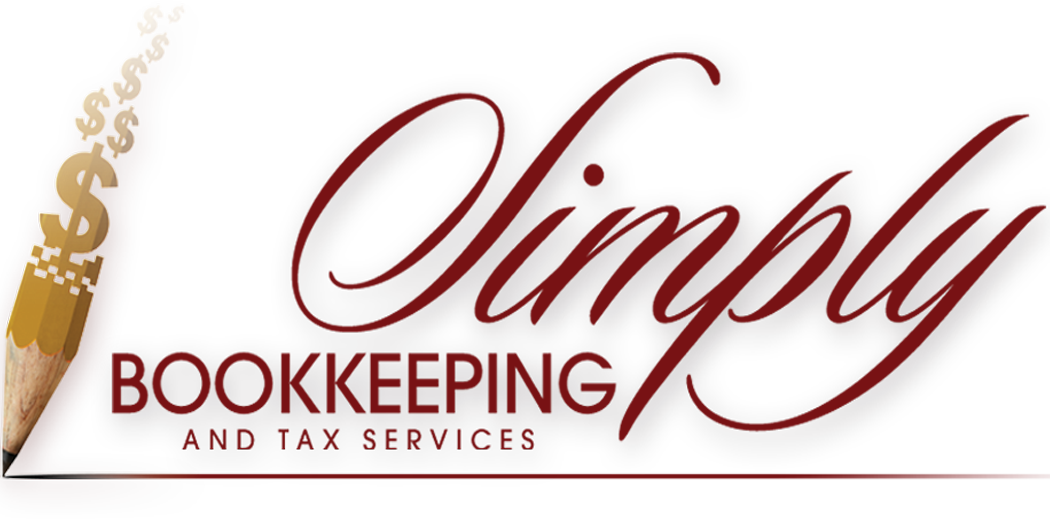Bookkeeping is often an overlooked aspect of running a small business, but it is one of the most critical. Proper bookkeeping not only helps to keep your finances organized and in order, but it can also lead to increased revenue and better tax preparation. This blog post explores why bookkeeping is crucial for small business success and how neglecting it could harm your bottom line.
Why Bookkeeping is Critical for Small Business Success
Recording financial transactions may be challenging for small business owners, but it is critical to their success. With proper bookkeeping practices, businesses can avoid losing money and facing legal issues. A bookkeeper can help prepare financially.
What is the purpose of bookkeeping?
Maximize Your Small Business Potential: Unveiling the Power of Bookkeeping
Introduction:
In the dynamic landscape of small businesses, success rests on navigating through countless financial challenges. Adopting effective bookkeeping practices is pivotal to unlocking your business’s true potential. But what is the purpose of bookkeeping? Let us delve into this essential function and how it can revolutionize your industry.
1. Financial Organization:
Bookkeeping serves as the backbone of your business’s financial organization. Diligently recording and categorizing your transactions provides a clear overview of your company’s financial health. This organized system allows you to monitor cash flow, track expenses, and identify inefficiencies promptly. With accurate financial records, you can make informed decisions that drive your business toward profitability.
2. Compliance and Tax Preparation:
Keeping up with tax laws and regulations can be overwhelming, especially for small businesses. Effective bookkeeping ensures compliance with legal requirements and facilitates seamless tax preparation. A well-maintained record of income, expenses, and deductions enables you to claim the maximum tax benefits while mitigating the risk of penalties. You can easily navigate through tax seasons by establishing a solid bookkeeping foundation.
3. Monitoring and Evaluating Business Performance:
Running a successful business requires constantly monitoring and evaluating your performance. Bookkeeping arms you with the necessary information to measure key performance indicators (KPIs). By regularly analyzing your financial statements, you can identify trends, assess profitability
What are the benefits of keeping accurate bookkeeping records?
The Power of Accurate Bookkeeping: Boost Your Small Business’s Success
Introduction:
In small businesses’ fast-paced and competitive world, accurate bookkeeping is often overlooked or considered burdensome. However, it is crucial to recognize that maintaining precise records can significantly impact your business’s growth and success. This blog post will explore the numerous benefits of keeping accurate bookkeeping records, emphasizing how they can help you streamline operations, optimize tax preparation, and ultimately increase revenue. So, let’s dive in!
1. Enhanced Financial Visibility:
Accurate bookkeeping provides a clear and concise snapshot of your business’s financial health. Regularly tracking your income, expenses, and cash flow, you gain a deeper understanding of your financial situation. This heightened visibility empowers you to make informed decisions, identify areas of improvement, and seize growth opportunities.
2. Effective Budgeting and Planning:
Accurate bookkeeping records are a reliable foundation for creating realistic budgets and future business plans. Armed with precise financial data, you can accurately forecast revenue, estimate expenses, and determine accurate pricing strategies. This meticulous planning enables you to allocate resources wisely, streamline operations, and stay one step ahead of your competition.
3. Compliance with Tax Obligations:
Tax season can be overwhelming, but accurate bookkeeping can ease the burden. Detailed financial records ensure you meet your tax obligations promptly and accurately. By tracking your income and expenses throughout the year, you can quickly identify
records like ledgers, accounts payable and receivable, debits, and credits that are essential in assessing a company’s health.
Maintaining accurate records is essential when organizing and classifying expenses and summarizing profits and losses. It helps businesses keep track of cash flow while ensuring compliance with tax regulations. In turn, this allows accountants or tax preparers to quickly review transaction history at tax time – saving both time and money for the business owner. Overall, investing in good bookkeeping practices can increase revenue by providing insight into where a business earns its money while highlighting areas that could benefit from improvement or optimization.
Defining Bookkeeping
Accurate record-keeping is essential for any business to succeed financially. Bookkeeping involves recording and organizing all financial transactions, including credits, debits, and money earned or spent. A bookkeeper’s responsibility includes maintaining a ledger of accounts and preparing financial reports for accountants to review regularly.
Accurate bookkeeping helps businesses make informed decisions about their future operations.
Bookkeeping differs from accounting in that it focuses on recording transactions while accounting deals with analyzing and summarizing those records to create balance sheets, income statements, and tax returns. The types of financial transactions recorded include:
- Purchases made by the company.
- Sales generated by the company.
- Payments owed to suppliers or employees.
By effectively maintaining these records, businesses can easily track their finances which helps them make informed decisions about their future operations.
Benefits of Bookkeeping for Small Businesses
Maintaining accurate financial records is essential for small businesses to thrive in today’s competitive market. Bookkeeping provides a comprehensive overview of the business’s financial health, allowing owners to make informed decisions that can increase profitability. Effective bookkeeping practices lead to better cash flow management by accurately recording and tracking all transactions. This ensures that there are no discrepancies in the accounts, which could cause severe problems for the business down the line.
In addition, proper bookkeeping allows businesses to prepare and file taxes efficiently. By organizing and classifying transactions correctly throughout the year, tax preparation becomes much more manageable at year-end, avoiding potential fines or penalties due to errors or missing information. Finally, maintaining accurate financial records leads to increased profitability through informed decision-making based on reliable data from an up-to-date ledger of debits and credits within your accounts – ultimately leading you closer to earning more money as a result of good practice supported by expert accountants or experienced bookkeepers working alongside clerks who specialize in summarizing all relevant information into simple reports easy enough even non-accountant small business owners can understand without second guessing themselves every step along their journey!
Bookkeeping Best Practices for Small Businesses
Regular tracking and recording of financial data is critical to the success of small businesses. No matter how small, every transaction should be recorded accurately and promptly in a ledger or accounting software. This practice helps you keep track of your finances and prepares you for tax season and other important financial decisions.
Maintaining organized records and documentation is another crucial bookkeeping best practice for small businesses. You can easily access important information when needed by organizing and classifying your documents according to categories such as income, expenses, accounts payable/receivable, etc. It’s essential to summarize these records regularly to remain valuable over time.
Double-checking entries for accuracy is another tip every business owner should follow. Errors in recording transactions can result in an imbalance between debits and credits, leading to incorrect account balances or other problems. Hiring a professional bookkeeper or accountant may be helpful if managing finances isn’t your strong suit – they are experts who know how to identify errors quickly while keeping things organized!
Common Bookkeeping Mistakes to Avoid
Refiling bank statements regularly is a common bookkeeping mistake that can lead to financial discrepancies. Neglecting this critical task can result in missed transactions, errors in record-keeping, and inaccurate balances. Mixing personal expenses with business expenses is another blunder that small businesses must avoid at all costs. Separating these two types of expenses leads to clarity while recording financial transactions, making it difficult for bookkeepers or accountants to prepare accurate financial records.
Not correctly categorizing income or expenses is also a grave error commonly made by small business owners who don’t have much experience with accounting practices. This mistake incorrectly classifies the nature of transactions, making organizing and summarizing records arduous for clerks or accountants. To maintain balanced books and earn more money over time, businesses should invest resources into maintaining proper financial records through good bookkeeping habits like keeping up-to-date ledgers and accounts while ensuring their clerk adequately classifies every transaction correctly from the get-go.
Outsourcing Bookkeeping – Pros and Cons
Outsourcing Bookkeeping – Pros and Cons
Outsourcing bookkeeping services can be an excellent option for businesses looking to save money, increase professional expertise, and free up more time. However, some potential disadvantages should be considered before making this choice.
Advantages:
- Cost savings: Outsourcing bookkeeping is often cheaper than hiring an in-house accountant or clerk.
- Professional expertise: By outsourcing to a specialized firm or individual, you gain access to their knowledge of financial transaction recording and organizing practices.
- Time-saving: Freeing up your time on menial tasks like record-keeping means you have more time for other essential business functions.
Disadvantages:
- Loss of control: When outsourcing bookkeeping tasks, you may need more control over maintaining records.
- Potential security risks: Outsourced firms may prioritize data protection less than your business might.
- Communication gaps: Communicating with an outsourced service provider can sometimes create misunderstandings or errors.
Tools and Software for Bookkeeping
Accounting software options like QuickBooks Online and Xero are great tools to help small businesses keep track of financial records. These platforms allow for recording transactions, preparing business ledgers, organizing and classifying summaries, maintaining accounts payable/receivable documents, and balancing credits/debits.
In addition to accounting software, productivity tools such as Trello and Google Drive can also be helpful for bookkeepers. Trello is a project management tool allowing users to organize tasks visually, while Google Drive provides cloud-based storage for bookkeeping or tax preparation files.
Expense tracking apps like Expensify or Receipt Bank are another option for improving financial organization. These applications streamline the process of tracking receipts by capturing images through a smartphone camera and then categorizing expenses automatically based on pre-set rules.
Overall, these tools can increase efficiency in record-keeping and save time for businesses that want accurate financial reports without hiring additional staff or accountants.
Bookkeeping Checklist for Small Businesses
Creating a chart of accounts, keeping receipts well-organized from the start, and reconciling bank accounts often are vital practices for maintaining financial records for small businesses. A diagram of funds is used to classify and record financial transactions while organizing receipts help track expenses and prepare tax returns. Reconciling bank accounts regularly ensures accurate recording of debits and credits in the ledger, ultimately aiding in maintaining a balanced account.
Proper bookkeeping practices can benefit small businesses by providing helpful information for decision-making processes, increasing transparency for investors or lenders, improving cash flow management, and helping prepare tax returns accurately. Small businesses can earn more money while minimizing risk by classifying, summarizing, and recording financial transactions effectively through organized records. Hiring an experienced bookkeeper or accountant may help maintain best practices while freeing time for other essential business tasks.


